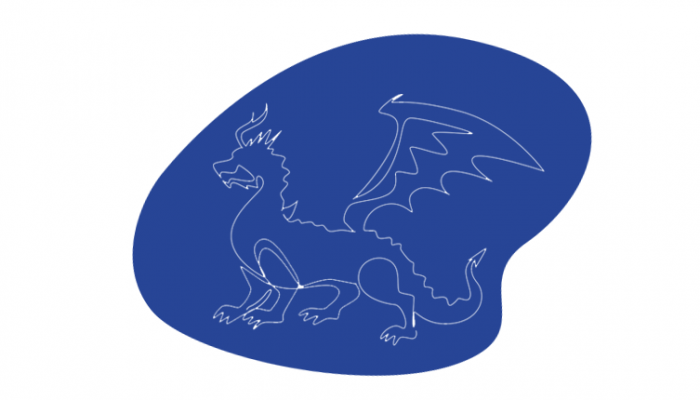The Authors Guild x OpenAI lawsuit: What’s the story so far?
Three days ago international headlines broke out about The Authors Guild filing legal action against OpenAI. The lawsuit claims that the artificial intelligence company breached copyright laws by using fiction created by several established authors to train ChatGPT without permission.
Here’s a quick digest on everything we know so far:
How is the story growing across the world?
* Data analyses all international news coverage across print, broadcast, and online media related to The Authors Guild lawsuit against ChatGPT (total 1194 articles).
The US and UK are leading the conversation as it continues to grow. X is the strongest media type overall, with 67% of news distribution and public discussion first published through the site. However, 76% of X’s audience for the story are based in the US, whereas online news publications are leading the conversation in other regions.
The New York Times and Forbes are most engaged with by the public, through retweets and triggering wider conversations across social media.
A misled media focus on Game of Thrones
While the case has been arranged by The Authors Guild and inclusive of 17 authors, 98% of international headlines focused on ‘A Song of Ice and Fire’ author George R.R. Martin in the headlines. Despite the collective effort, a trending implication is being made across the press that Martin himself is leading the case, such as the BBC reporting ‘Game of Thrones author sues ChatGPT’.
If not by himself, established writers John Grisham and Jodi Picoult were often mentioned in headlines alongside Martin. The New York Times was the only international publication to mention any other names in the headline, but as a result became the most-engaged report for the story compared to other publications across X.
In the same fashion, 66% of all coverage featured an image of Martin and 43% of Grisham at the top of the article, while other authors were occasionally featured throughout on a much smaller scale.
How has this affected overall sentiment towards OpenAI?
Terms like ‘systematic theft’ and ‘theft on a mass scale’ have been quoted from the plaintiffs in news stories across the globe. Despite this, OpenAI hasn’t publicly responded. As a result, Forbes and other major news publications cited a response to two similar lawsuits that didn’t get the same level of media attention at the time – meaning a swift response now would have helped them keep prior legal action under the radar.
Taken from a case back in August, OpenAI was quoted saying that such copyright claims ‘misconceive the scope of copyright, failing to take into account the limitations and exceptions (including fair use) that properly leave room for innovations like the large language models now at the forefront of artificial intelligence’.
Since the story has emerged, positive sentiment towards OpenAI and ChatGPT in international news sources has dropped to a record low compared to the rest of the year. On the other hand, negative commentary appears to be relatively low and controlled. This likely means that the media will continue to deter positive stories and opinions as the lawsuit evolves, but are for now refraining from speaking negatively towards the company.
Want to know more about this data or how media insights can support your PR and communications? Get in touch.









Leave a Comment